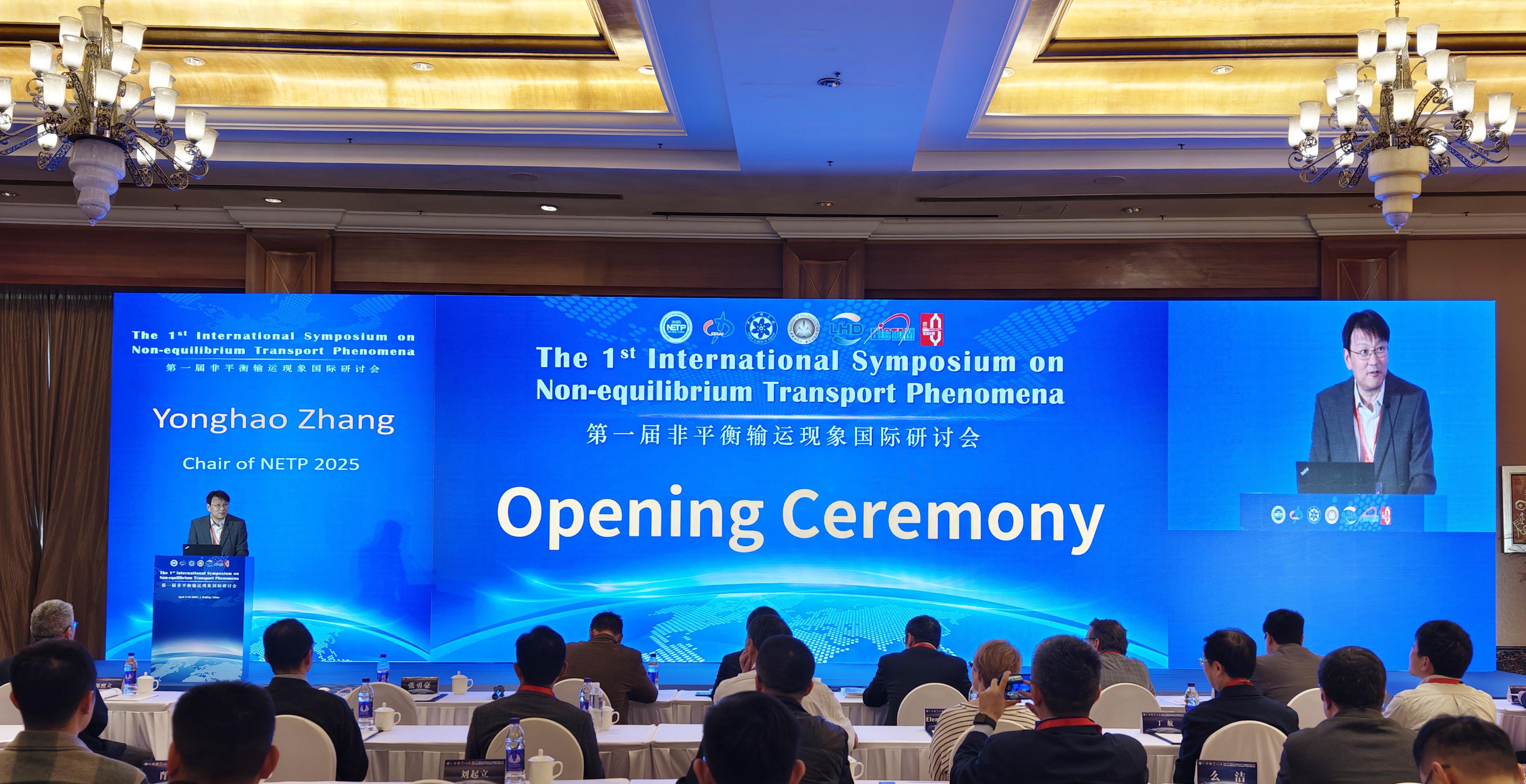Foreign Investment Action Plan Released
Aimed at stabilizing foreign investment in China in 2025, an action plan putting forward 20 measures was released by the State Council on February 19.
Devised by the Ministry of Commerce and the National Development and Reform Commission, the plan proposes to expand opening up, enhance the level of promoting investment, strengthen the efficiency of open platforms, and intensify services and guarantees for foreign investment.
The plan notes that foreign investment is a crucial part of promoting high-level opening up, and plays an important role in developing new quality productive forces and driving Chinese modernization.
China will expand the pilot projects in telecommunications, medical care and the education sector, and support the pilot regions in the implementation of policies regarding value-added telecommunication, biotechnology and wholly foreign-owned hospitals.
Eligible foreign-invested enterprises will be supported to participate in segmented production of biological products on a pilot basis. In addition, the resource allocation of the biomedical industry will be optimized and problems encountered by enterprises will be timely resolved.
Efforts should also be made to implement the removal of all limitations on the entry of foreign investment in the manufacturing sector, according to the plan.
Meanwhile, the plan suggests that support will be given to foreign-owned enterprises to take part in the country's process of promoting new industrialization with a focus on introducing foreign investment in high-tech fields.
Foreign investors are encouraged to conduct equity investment and reinvestment, and enlarge the scale of industries they invest in such as extending investment to the modern service industry. Regulations and transaction procedures of mergers and acquisitions in China for foreign investors will also be optimized.
To encourage multinational enterprises to set up investment companies in China, measures will be taken to make it more convenient for them in areas of foreign exchange administration, border entry and exit and cross-border data flow.
It is planned that the cross-border flow of personnel will be elevated by optimizing policies regarding port visa, transit without visa and regional visa-free entry. Unilateral visa-free policies are to be extended to a larger group of countries in a prudent manner.
Financial institutions are encouraged to offer financing services to foreign-invested companies, and guidance should be given to various types of funds to cooperate with foreign-invested enterprises in equity investment, supporting them to deep delve into the Chinese market.
The plan also proposes the institutional reform of economic and technological development zones to boost the development level of their export-oriented economy.
Moreover, support is to be given to pilot free trade zones to increase stress testing in foreign investment access, and expand institutional opening up areas like rules, regulations, management and standards. The implementation of core policies regarding the Hainan Free Trade Port is to be accelerated to create a highland for attracting foreign investment.
Other measures include better understanding requests of foreign-invested enterprises and effectively responding to their concerns, supporting to add more foreign investment projects to the list of major and key foreign investment projects, etc.







